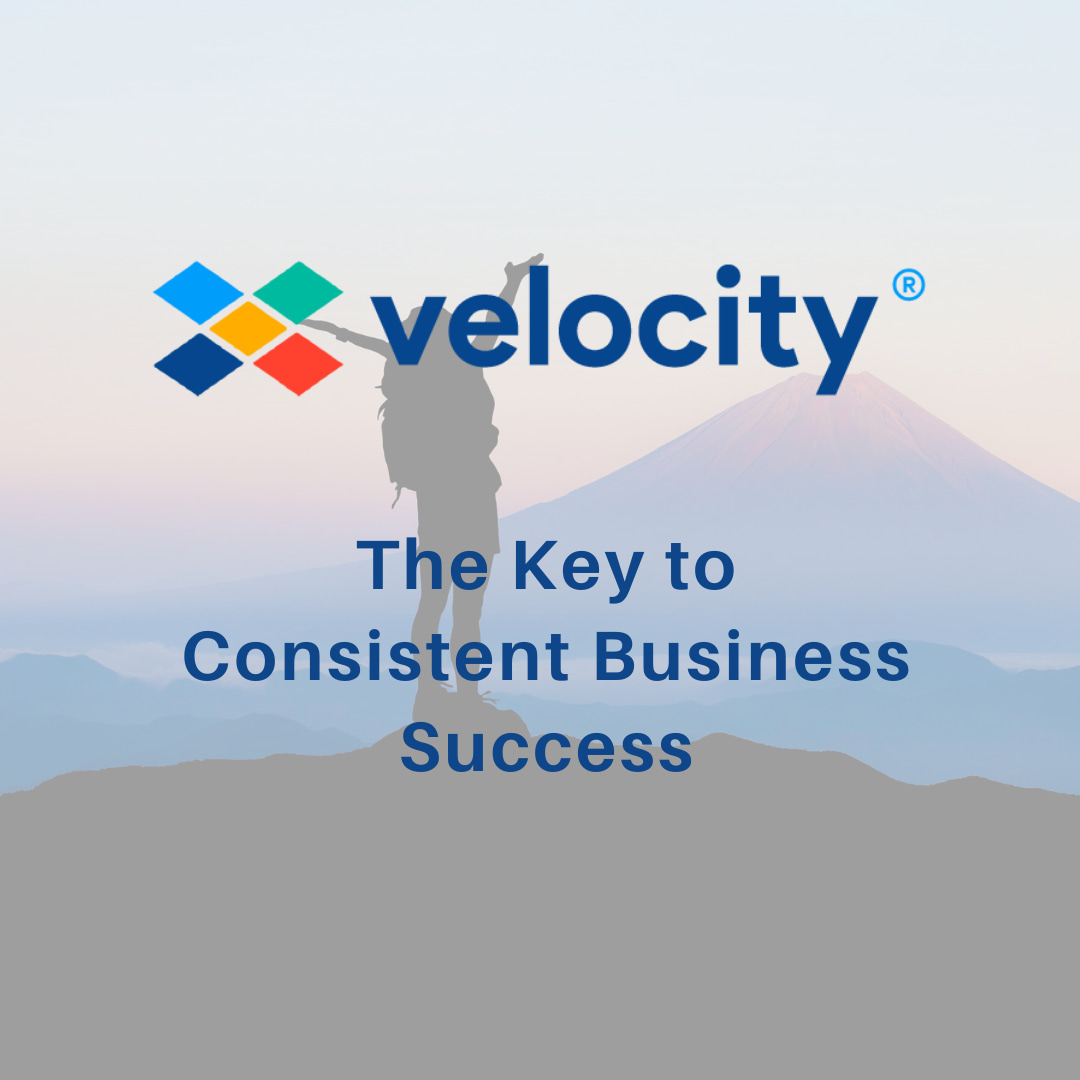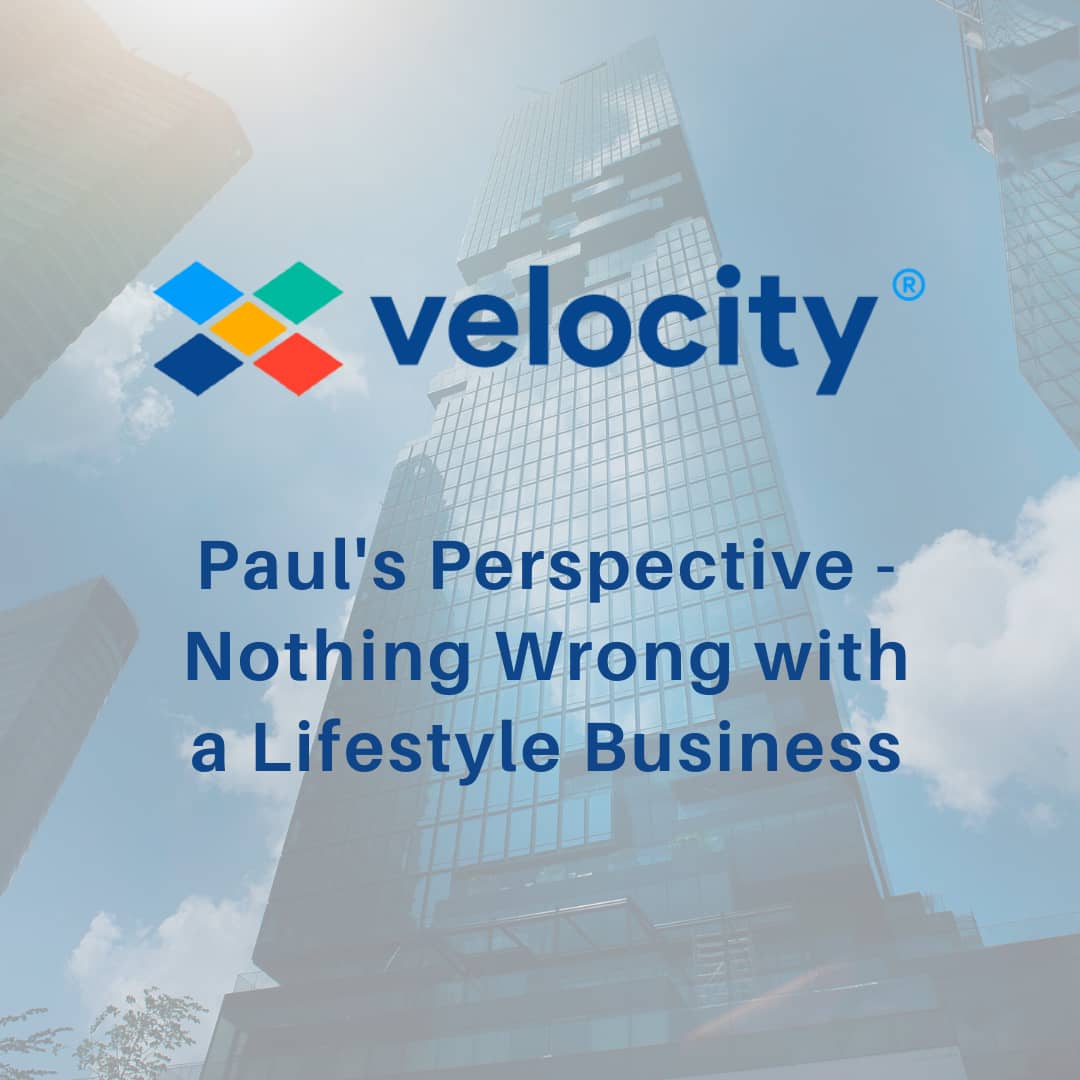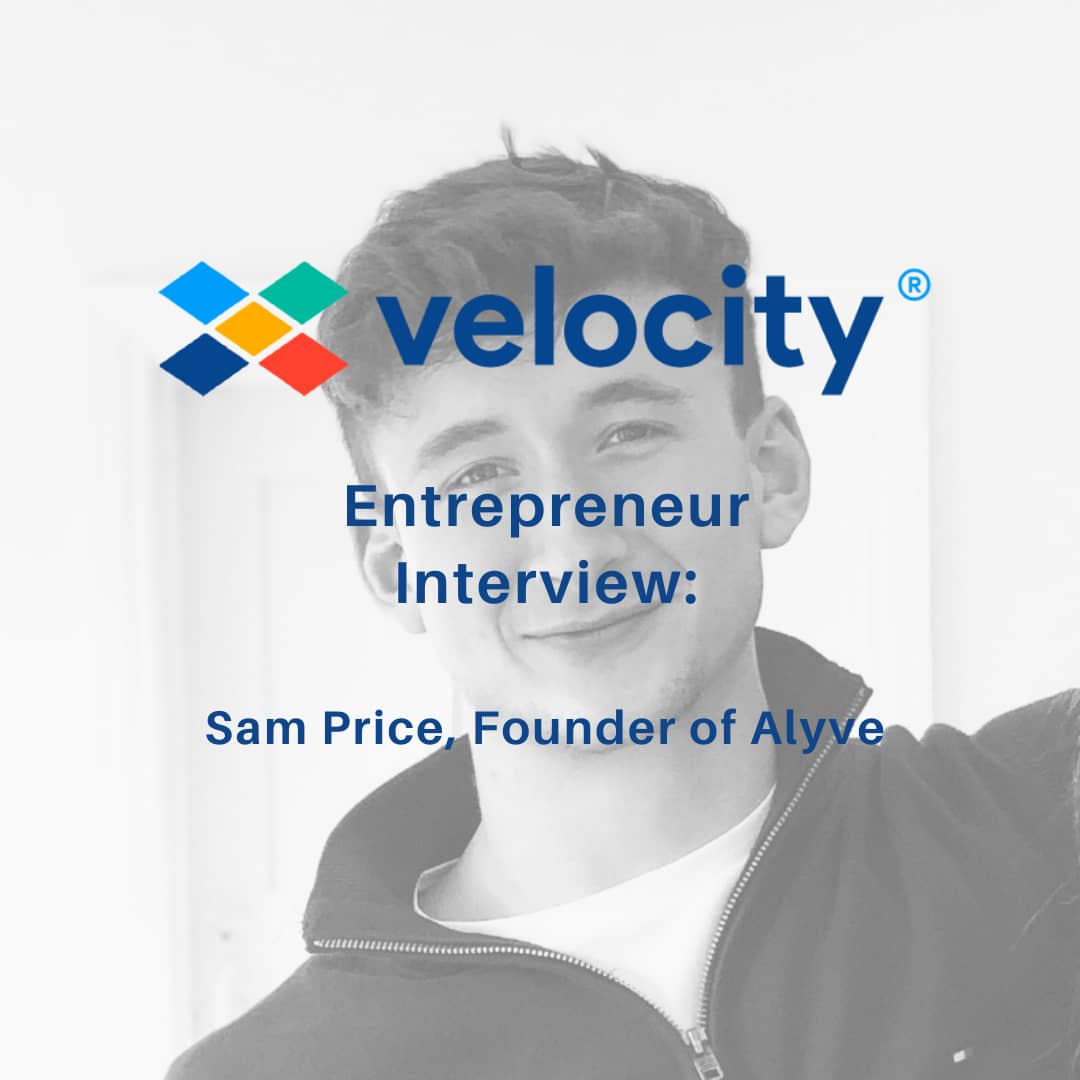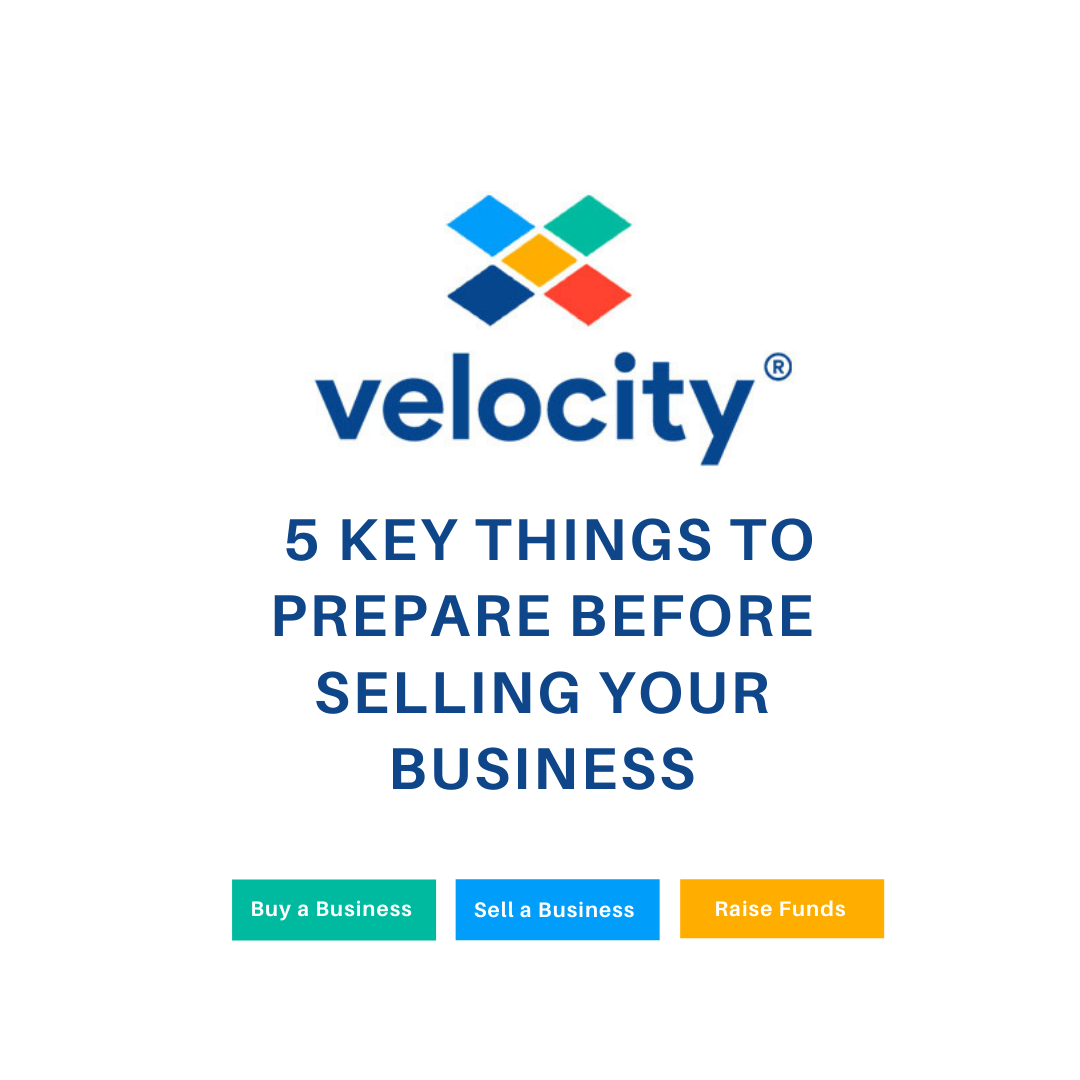The Mid-Market in the COVID-19 Pandemic: One Year On
In the below article, Howard Kennedy’s Head of Corporate, Ashley Reeback, reflects on the transactional mid-market space over the last year.
16TH MARCH 2020 – the Prime Minister’s announcement that afternoon that people should “work from home if they can” signaled the pausing of office life as we all knew it in the UK. Following that guidance, and the subsequent lockdowns, almost all of our transactional teams have now worked exclusively from home for one year. Here are some reflections on the year that has gone by and our experience of doing transactions in the new “virtual” world into which we have been propelled.
LATE MARCH 2020 – Howard Kennedy was in a fortunate position following a firmwide laptop rollout during 2018 and 2019. Most of our lawyers and many of our business services teams had already been embracing the remote working that we had sought to enable. Foresight had resulted in a stress-test of our business systems in late 2019, so when the whole office logged onto the system from home on 17th March 2020 there was minimum disruption. Indeed, our motto was “Business as usual – just not in the usual place”. By the end of March, for example, the M&A team had completed its first remote deal, a company acquisition for an AIM-listed client, albeit we had still used the “virtual” signing protocol, involving wet ink and scanned documents.
SPRING/EARLY SUMMER 2020 – during spring and early summer as remote working continued, we completed several pipeline deals, the majority of which had begun pre-pandemic. In doing so, we became yet more adept in using facilitative technology (Microsoft Teams, Zoom, DocuSign, Hubshare, to name a few). However, different due diligence issues began to emerge, with the challenges of no face-to-face meetings or site visits and a fast evolving government support programme as the implications of furlough, various government loan schemes and the resultant tax/cashflow effects were then factored into target businesses. The impact of the pandemic then began to be reflected in our transaction documentation – should MAC clauses be utilised – and in valuations. Furthermore we began to see a move to “back-ending” consideration mechanics – buyers wanted to pay less up-front, with more consideration payable based on earn-outs and adjustments around pre-COVID valuations in particular.
OCTOBER 2020 – after a quieter spell in late summer, the deal flow picked up again with a vengeance as we saw a flurry of mid-market transactions, often with overseas buyers, mainly from the US. There was a significant amount of activity in the sub-£50 million deal market, as we acted on several acquisitions and disposals in a broad range of sectors including estate agencies, manufacturing and corporate real estate. We then saw the emergence of a small number of pre-pack deals, and we anticipate more will follow in the coming months of 2021 once government support is reduced, as the pressures mount on businesses which have taken on significant amounts of debt.
DECEMBER 2020 ONWARDS – we saw an uptick in acquisition activity, with a key driver being capital gains tax changes, rumoured at one point to be landing in March 2021, and fundraisings. As a result, business owners who were in a position to do so brought forward sales of their businesses in anticipation of these possible changes.
WHERE ARE WE NOW – we have continued to see significant activity in the mid-market throughout the winter and foresee this will continue, and indeed will likely increase, throughout spring/summer of 2021.
Our experiences have highlighted the value of agility and demonstrated that, in terms of efficiency and productivity, we can not only meet our clients’ needs, but partner with them as they rise to the challenges of the post-Covid recovery phase.
The Key to Consistent Business Success
I am often asked by entrepreneurs what the key is to consistent business success. There is no science behind it – it’s always achievable, but it’s also about putting in the effort. The more you put in, the more you get out. However, there are some key characteristics which help you towards this.
You don’t need to be aggressive and ruthless to achieve business success. You don’t need to treat people with disregard or a lack of compassion. However being ruthlessly focused is a very different and very important trait to have.
Firstly you need to decide what success means to you. What exactly are you looking to achieve? It’s essential to have clear goals in place rather than just vague descriptions, such as saying you want to grow. Do you want to grow sales, profit margins, your brand? One person’s view of success may be completely different to another. Neither one are wrong but it’s an answer you need to carry with you.
Next, you have to decide how you are going to get there. This is where planning and strategy comes in. No stone should be left unturned and you must know exactly what you are going to do. It’s never wise to go into business blind, or to decide you will play things by ear.
You must be extremely driven in pursuit of the results you want. You must be relentlessly determined to achieve what you set out to do. I was once giving a talk at a university when I was approached by somebody who wanted to work for me. Although he didn’t necessarily have the experience, he was very persistent and driven. One day he turned up at my office unannounced, and it was clear he was determined to work for me. I ended up creating a role within the business for him, and then a couple of years later, he pitched me a brilliant business idea. Now he runs an entire portfolio of investments.
I have a number of other people on my team that are what I would call ruthlessly focused – that doesn’t mean they are unfair, it means they know what they want and have a plan on how to get there. They won’t stop and have the ability to see the tasks in hand.
In the professional environment people are so easily distracted by ‘noise’. Whether its emails, admin or politics, there will always be something that seems so much more important than the actual task. More often than not, people will get caught up with the nice to have activity rather than the critical work which creates more value for the business. Being ruthlessly focused means you have the ability to cancel out this noise and focus on what is important.
Another aspect of being focused is to make your business a specialist. I’m yet to meet a client or customer who doesn’t want to speak to someone that knows exactly what they are talking about. Sometimes, in the rush to expand, businesses lose their core strengths. Essentially, you could end up being a jack of all trades but master of none. By focusing on what you are good at and providing an excellent service, you can become the leader in this space.
Success in any walk of life is based on putting your goals first. Find out what you want, decide exactly how you will achieve it, and let nothing distract you from the end result.
If your end result is selling your business or buying businesses in order to expand, then we want to help you achieve this goal. With our revolutionary new packages, you can sell a business or buy a business in a completely new way that puts you in the driving seat. If you would like a call to discuss how Velocity can help, please call us on 0203 924 5150, or email us at info@blueboxvelocity.com.
Meet the Team: Quintin Abrams
We sat down (virtually) with our new Operations Manager, Quintin. One of our first virtual additions to the company. We find out his background, why he chose a career in Corporate Finance and a bit about what he enjoys doing outside of work.
- What was your background prior to joining Velocity?
I have been in M&A for the past 18 years. My main role was in the capacity of a Senior Project Manager.
- What were your motivations behind choosing a career in Corporate Finance?
I believe Corporate Finance chose me. I stuck with it as I really felt a sense of being humbled each time clients entrusted me to manage the sale process of their business, and being there through that emotional roller coaster ride played to my strengths.
- What does a typical day look like for you?
Covid changed what “typical” looks like for me, but having found my rhythm, I wake up early, I tend to go for a long walk, read while having breakfast, all before beginning my day at work, which is now my home office. After work, my family and I have coffee together and chat about our day, then its usually time to catch up on my medical drama.
- Do you think the world of M&A has changed in some ways due to COVID-19?
M&A has most certainly changed due to Covid. I have seen many “forced entrepreneurships” as people have lost employment and taken the opportunity to start a business, acquire business and some have been forced to realise that life is more than just owning and running a business and decided to sell. It has been a paradigm shift for M&A.
- What do you find are the main obstacles to watch out for that can threaten a deal, prior to closing?
There are two that I can immediately identify. First, when there is no communication. Communication between buyer and seller is critical throughout the lifespan of a deal, but particularly toward closing a deal.
Secondly, my mantra is “time kills deals”. The longer a deal takes to happen the more likely it comes under threat. This is particularly the case during due diligence. If the DD process is not proactively managed to a timeline, the deal is already under threat.
- What is one thing you couldn’t live without, and why?
I don’t think I could live without my ability to read. I love reading.
- We finish the interview, and you step outside the house and find a lottery ticket that ends up winning £10 million. What would you do?
Spend some, save some and give some.
Rapid Fire:
- Summer or winter? Summer
- Favourite sport? Squash
- Given a chance, who would you like to be for a day? Warren Buffet
- Any hidden talents? Sadly, they are even hidden from me
Paul's Perspective – Nothing Wrong with a Lifestyle Business
I met with a dynamic, communicative and highly articulate business owner the other day. Meeting with entrepreneurs like him represents one of the aspects of my business life that I enjoy the most. It was a stimulating conversation. How and why he started his business, the team he had built, the ups and downs of trading, the risks, the rewards and the exciting times that lay ahead. He spent an hour recounting his fascinating story. He was earning well and appeared incredibly happy with his lot.
He finished speaking and asked me to share my views. We had been introduced by a very successful former client of mine who is, now, also a mutual friend; he had been assured I would be candid. He shuffled in his seat and appeared nervous of what I was about to tell him. I pulled no punches. I was professionally direct.
“Your business is highly attractive, but completely ‘un-sellable’.
Sadly, I am confident this is the case. It would be impossible, I explained, for him to sell his business for so many reasons. I was almost apologetic for my candour, but reassured him, as well as I was able, that this should be no reason for disappointment. Notwithstanding what I expected, he appeared remarkably upbeat and was in fact encouraged that I had described his business as ‘highly attractive’. And then it struck me, there must be thousands upon thousands of entrepreneurs that are in a similar position; I see a fair few that knock on my door every week and I am always equally professional and direct. Nice business, not saleable.
As with many others, the businessman I was meeting with had built a classic and very successful ‘Lifestyle Business’. Nothing wrong with that at all. He had started small with the objective of being his own boss and with a desire to earn enough money to put food on the table for his family, fund an increasingly elaborate taste for holidays and pay never-ending school fees. Oh, and pay the mortgage.
However, as a result of a number of factors, the chances of an exit for him was remote. His income was lumpy and the quality of this income was poor, his management team was under-developed and with incongruous goals to his, his ability to scale was severely limited by a number of factors and the business revolved far too heavily around him. The Intellectual Property he ‘thought’ that he had created was not properly protected and the barriers to entry were almost non-existent. I could go on. However, as a machine to generate income and provide his family with what they needed, it did exactly what he had set out to do.
I did point out that he would not be able to benefit from the key tax break available to entrepreneurs on their sale (Entrepreneurs Relief at 10%), but he had considered alternative tax planning with his accountant and was content to remain as his own boss, firmly in control of his own destiny and enjoying an income that many would desire. As he left my office, he asked me directly whether I thought he was mad. Absolutely not.
Businesses can be built for many reasons. These reasons can, and often do, change as a business and its owners mature. Situations change and people form different views on life as they journey on. Building a business for sale from the outset is simply one option. An attractive one I have to say. However, I believe that entrepreneurs often feel inappropriately pressured to realise their exit or build too aggressively for the future. It is not what they want and not what advisers should overly encourage. Endless marketing from a plethora of advisers teasing business owners with unrealistic and unachievable valuations in a hope to satisfy their hunger for short term fees.
And therein lies the lesson. At some point in your business life, start thinking about what your objectives truly are. Are they to sell the business one day or, equally as compelling, to create a Lifestyle business that will provide income without the requirement for a lump sum at the end. Is your business for lifestyle, fun, income or capital gain? Ask yourself this question.
Lifestyle businesses and the entrepreneurs who have created them should certainly not be viewed in the dismissive way that they often are. That is hugely insulting to these often very talented entrepreneurs. Lifestyle businesses are ‘what they say on the tin’ : they suit different lifestyles. They form a massive part of the SME community and entrepreneurs should be encouraged down whichever path they choose.
And, for those that are not content with fitting into the ‘Lifestyle Business’ box, harbouring ambitions to sell… you know where I (together with my hugely talented team) are. We will happily provide an honest assessment of how saleable your business is and then assist you in selling your business using one of our award-winning, fixed-price ‘Sell My Business’ packages. All while saving you thousands of pounds and allowing you to control your own destiny.
If you are thinking about selling your business and would like a call to discuss how Velocity can help, please call us on 0203 924 5150, or email us at info@blueboxvelocity.com.
Entrepreneur Interview - Sam Price
This month we had the pleasure of getting to know young entrepreneur, Sam Price, Founder of Alyve (pronounced alive), a fully personalised nutrition subscription service, tailored to your lifestyle and dietary factors. Sam sheds some light on how Alyve started and how it is evolving, as well as shares his hopes for the future of the business.
- Where did you start your career and what roles were you involved in?
I originally worked for a company called Dotdigital as a Customer Success Manger. I really enjoyed my time there, but it wasn’t really what I wanted to do long term. I was very interested in being an entrepreneur and dipped my toe into the world of entrepreneurialism whilst I was in university – setting up a mobile cocktail bar business with my friend. We would pop up a little bar at events like birthdays, weddings, parties, and hen dos and supply the guests with cocktails for the event.
- Did you always know you wanted to be an entrepreneur or was there a defining moment? If so, what was it?
I feel like I have always had it in me. I would look at things and see how something more creative could be produced. As a kid, I used to get cardboard boxes and make them into fake vending machines. I’ve also always been very interested in making money and seeing how I can turn something into being profitable. At the age of 11, I remember going around the house and collecting things that we did not use anymore, and I would sell them on e-bay. In college my friend and I hosted a successful boat party and from this set up a small events company. I really got a thrill from setting up something and seeing how I could improve and develop it.
- How did the idea of Alyve come about?
Alyve came about as a result of some serious jet lag, or so I thought. I got back from travelling and the jet lag feeling persisted for over two weeks. I was constantly feeling low on energy and felt something wasn’t right. I went to the doctor and long story short; the diagnosis was ADD. I got prescribed medication that didn’t really agree with me, so I took to my own devices to find out what worked for me. My frustration in trying to find a simple medical solution is what lead to the creation of Alyve. I wanted something that could tell me what I needed to take and provide it in one supplement.
- What makes Alyve different to other vitamin companies?
It would be the fact that it is a supplement unique to you and your needs, with all your necessary nutrients in one bottle.
- What was most challenging about starting your own business?
I went into it a bit naively. Thinking I could have the business perfect on day one. Little did I know I would have spent the next 6 months chopping, changing, adding and removing to our operations every single day until I felt it was perfect. I still don’t, but that’s being a business owner.
- How has the Coronavirus pandemic affected the business, and what contingency plans have been put in place to ensure survival through this unsettling time?
This is an interesting question as we set up the business during the pandemic. We’re a vitamin business so the fact that there is a pandemic at present could have helped us as everyone has become far more health conscious. However, the other aspect to consider is the financial constraints that the pandemic has caused and perhaps people that could afford a more premium kind of supplement can no longer do so. Essentially, we’ll only be able to tell the effect of COVID-19 on the business when looking at sales post-pandemic.
- Where do you see the business going in the future?
We know from research and our experience that the future of nutrition is going to be personalised. Why would you take a supplement that is made for everyone when you can have a supplement that is unique to you? Ideally, we’d love to see a bottle of Alyve on most peoples’ countertops or bedside tables in the near future. We’re already starting with international sales, so we hope to become an international company that’s kicking out the old, outdated multi vitamin and replacing it with one unique supplement that has all the nutrients you need.
- Who is a person that you considered as a role model early in your life? How and why does this person impact your life?
Cliché, but my dad. He currently runs a multi-million-pound turnover company, but I remember when I was growing up, we didn’t have the best of the best. He has always worked extremely hard and put in the leg work to make something of himself which I find truly inspiring. I’ve also got him alongside me now as a partner in Alyve which is great.
- What advice would you give to a young entrepreneur starting up their own business?
Do the due diligence! Truly know your market before you invest your time and money into it. It’ll save the pain and agony when you’re halfway through and it’s too late to go back.
Quick Fire
First thing you’re going to do post lockdown? A flight straight out of Gatwick!
What is one of the things you would put on your “bucket” list? Skydiving
Name 1 person, past or present you would like to have dinner with? Donald Trump – it would be amazing to see how his head works after a bottle of wine.
If you could live anywhere in the world, where would it be? Los Angeles – another cliché one, I know.
We met Sam when introducing him to our Raise Funds package as part of his efforts to raise funds for Alyve. If you are thinking about raising funds for your business and would like a call to discuss how Velocity can help, please call us on 0203 924 5150, or email us at info@blueboxvelocity.com.
Sale of Impact Air Systems
Bluebox is delighted to announce its third completed transaction in 2 months with the sale of Impact Air Systems and Impact Technical Services (“Impact”), the UK’s leading air system specialists, to Swedish-listed Addtech AB. Pricing and other deal terms have not been disclosed.
Working in some of the world’s most modern production facilities and recycling plants, and renowned for its service quality and engineering knowhow, Impact offers waste and trim extraction and separation solutions to blue-chip customers from a variety of industries. The company also provides service and maintenance of waste extraction systems and the design, installation and testing of local exhaust ventilation (“LEV”) systems.
With turnover in excess of £1bn and over 3,000 employees, Addtech consists of over 130 businesses in 30 countries and operates in selected niche markets with high tech products and solutions. Impact will sit within Addtech Industrial Process, the largest business area in the Addtech Group, which is focused on improving clients’ industrial operations. “With Impact we continue to focus on and develop our offering of sustainable solutions to our customers”, says Addtech’s CEO Niklas Stenberg.
Nick Ball, Managing Director and shareholder, commented:
“As a leader in the UK market, our objective from the start was to identify a long-term partner for Impact who could support the next stage of growth and development of our business. Introduced to Bluebox by a former client of theirs, we were blown away by Bluebox’s ability to identify such a broad range of suitable parties and ultimately secure a perfect deal with Addtech who represent the most ideal partner for the Impact business moving forward. Their experience throughout the transaction was second to none and they managed the transaction from start to finish with an incredible level of support and guidance along the way. We couldn’t recommend the team highly enough and were appreciative of all their efforts.”
Jonathan Rich, Director at Bluebox added:
“It was a great pleasure working with husband-and-wife team Nick and Vicky from the outset. Our engagement started at an early stage with our Blue Diamond pre-sale planning programme and culminated with a sale to Addtech on terms that exceeded all expectations. As long-term owners, Addtech share the same values as Impact and accordingly represent the perfect partner to further develop the business and accelerate its growth. The future for Impact is extremely exciting under Addtech’s ownership and we wish Nick, Vicky and the team every success.”
An Overview of an M&A Process
Welcome to Velocity’s sixth and final blog in our “Selling your business” series. In this blog, we will be giving you an overview of what a typical M&A process involves from first approaching buyers all the way through to completion.
Initial approach
Once your marketing materials and list of buyers are prepared, it is time to start reaching out to the buyers you have identified. The first step will be to contact the buyers on your list by email or letter. In most cases, the email or letter will be accompanied by an Executive Summary / Teaser and a Non-Disclosure Agreement (NDA), and after the NDA has been executed by the buyer, the company’s Information Memorandum is then shared. Typically, it can take several weeks to engage most of the buyers on your list to determine if there is interest in acquiring your business. Some will respond quicker than others, and a few will need persistence.
Engaging with buyers
Soon after you engage with potential buyers, you will start to receive information requests and questions about your business from those interested in exploring the opportunity. While you can address these one by one, there are likely to be some recurring themes and requests. To pre-empt this, and save yourself a lot of time, it is advised you gather what information you are comfortable disclosing with potential buyers before entering into exclusivity with one party in the early stages of the process.
The information you share prior to entering exclusivity needs to sufficient to allow a buyer to assess your business and put forward an offer; anything more detailed that suiting that requirement can be saved for due diligence.
Once buyers have had the opportunity to ask a handful of questions after receiving the Information Memorandum, the next stage of the exercise will be to conduct management presentations. Management presentations are an opportunity for you to showcase your business to a handful of buyers, which can be done either face-to-face or over a videoconference call. Depending on how many interested buyers you have on the table, you may wish to restrict the number of presentations you carry out.
Next steps after this can vary depending on the process at hand. Some businesses will facilitate two or three presentations with buyers, but many will just give them the opportunity to request the additional information they need following the first meeting to submit an indicative offer. What is expected from the process is often set out in a process letter.
Negotiations
A process letter can accompany an Information Memorandum or follow management presentations. This will inform buyers about what you would expect to see in their initial offer letters as well as providing a deadline for offer submission. Ideally, all buyers should receive this letter at the same point in time to ensure all interested parties are moving at the same pace.
Once interested buyers have received sufficient, preliminary information about your business and are eager to proceed, parties will often reach an agreement in principle on the key terms of the transaction, known as “Heads of Terms”.
Whilst most of the document is not legally binding, Heads of Terms present you with an opportunity to flesh out as much detail as possible about the transaction, before granting exclusivity to any one buyer. If there is more than one buyer on the table at this stage, competitive tension can be generated to; 1) improve the terms of the deal, and/or 2) disclose any bad news (e.g. trading is below budget) with or limited detriment to the terms of the deal (buyers are less likely to ‘chip’ at the price if they are worried you will move forward with someone else). Although you can negotiate Heads of Terms with multiple buyers, you will typically sign the agreement with just one, granting them exclusivity for a period to get the deal done.
Due Diligence
After Heads of Terms are in place, and exclusivity has been granted to a single buyer, the buyer will commence due diligence. This is the process upon which a buyer will investigate your business with a fine-tooth comb to flush out any issues and substantiate the information you have provided up until that point in time. This will then allow the buyer to conclude they are happy to proceed with completing the deal, and on the same terms as agreed in principle in the Heads of Terms.
Normally, most of the due diligence will be conducted by the buyer’s professional advisers. It will involve lengthy information requests and questionnaires, which can be very arduous and stressful. It is recommended that you get as much information about your business ready in the background at the start of the process, so that you are not fumbling around when due diligence begins. The exact elements and length of a due diligence exercise will vary business to business; the process can take anywhere between days and months. Typically, the main considerations will be financial, legal, and commercial.
Transaction Documents
Once due diligence is underway, it will be time to start drafting completion documentation. Depending on the outcome of due diligence, some deal terms may also need re-negotiation at this stage. Completion documents are usually drafted by the legal advisers on both sides of the transaction. For this, you will want to appoint a “corporate lawyer”, with adequate experience in advising on the sale of businesses.
Completion
Completion will take place when transaction documents are signed, and consideration has been transferred to your solicitors. In an ideal world, you will have a contemporaneous exchange and completion (these will take place at the same time). However, in some cases, this is not possible. Where this is not possible, the deal will ‘exchange’ once the transaction documents have been signed, with formal completion occurring later, once any conditions for completion have been met.
We hope you have enjoyed our “Selling Your Business” blog series and found it to be informative. If you are thinking about selling your business and would like a call to discuss how Velocity can help, please call us on 0203 924 5150, or email us at info@blueboxvelocity.com.
The 5 key things to have ready before selling your business
Welcome to Velocity’s fifth blog in our “Selling your business” series.
When looking to sell your business, you can never be “over-prepared”. You can, however, very much be under-prepared, and many sales of business are unsuccessful for this reason.
At Velocity, our team of corporate finance professionals have more than 100 years of combined experience in mid-market M&A. Using this, we have compiled below what we consider to be the 5 key things you need to have at the ready before you embark on selling your business.
1. Health check
It is a sad fact that over 90% of all businesses ‘taken to market’ by Corporate Advisors fail to sell. One of the main reasons for this is that there are ‘skeletons in the closet’ that are unearthed late in the due diligence process. To protect against this, and to give yourself the best chance of achieving a successful exit, you should review key areas of your business such as intellectual property, employment, health and safety and tax to check against any material issues that may arise.
2. List of buyers
Before you “go to market”, you first need to identify the buyers you are going to speak to! The list of buyers will heavily depend on your objectives for the exercise and the exit route you have chosen to take.
Determining your list of buyers is probably the most important element of any sale exercise. Not only do you need to identify buyers who are likely to have interest in buying your business, but they also need to have an ability to pay. The latter, particularly in the SME space, can be challenging; often the relevant information is not disclosed publicly.
Just as important as identifying the buyers to reach out to, is approaching the right people within these organisations. The right people will depend on the size and infrastructure of the buyer; many large companies have internal M&A (or Corporate Development) functions, so this team will be the best initial port of call. For smaller or medium-sized businesses, you will want to contact the decision makers (usually C-suite level e.g. CEO or CFO).
3. Marketing materials
An Executive Summary / Teaser is a short document that is sent to your buyers when they are first approached. Whilst it may be brief, it should contain sufficient information about your business (what it does, what makes it special and headline financials) to stimulate initial interest.
An Information Memorandum) is a document, which is distributed (in most cases) once an NDA is in place. This is typically a more detailed document, containing additional information on the company’s operations, growth strategy and financials. It should contain sufficient information to whet the appetite of buyers, however it should not contain any commercially sensitive information – as you cannot always control where it ends up!
4. Data room
During a sale exercise, there will be a requirement to share information about your business with potential buyers. This will certainly be the case in due diligence; however, buyers will often ask for additional information in the initial stages of the process too. It is advised that any information shared is done so via a data room.
A data room is an online storage facility, where you can upload documents for third parties i.e. potential buyers to have access to. Using a data room (as opposed to freely sending documents by email) enables you to share information in a controlled manner and monitor the activity of those in possession of it; a good data room will allow you to see who has accessed which document.
Preparing a data room can be very time consuming, so it is recommended this is done as early in the exercise as possible.
5. Data Book
A data book (usually in an Excel spreadsheet) is a great way to compile financial information about your business to share with potential buyers during the sale process. An Information Memorandum will contain limited financial information and buyers will need to understand this in more detail before putting forward an offer.
If you are thinking about selling your business and would like a call to discuss how Velocity can help, please call us on 0203 924 5150, or email us at info@blueboxvelocity.com.
Our next blog will discuss what a typical M&A process looks like from first approaching buyers right up until due diligence and completion. Keep your eyes peeled!
Sale of shares vs. sale of assets
Welcome to Velocity’s fourth blog in our “Selling your business” series. This blog explores the differences between a sale of shares and a sale of assets.
When it comes to selling your business, the sale can be structured as either a “sale of shares” or a “sale of assets”.
A sale of shares involves the seller selling all the issued share capital in the business, in turn, transferring all the assets and liabilities to the buyer. A sale of assets, on the other hand, involves the seller identifying a specific business unit, and then selling only the assets and liabilities attributable to that.
Sale of assets are often more complex transactions as they require the identification of the related assets and the coordination of the paperwork to transfer them on an individual basis. Where there are hundreds, or even thousands, of assets to identify, this can be tricky.
Sales of shares are a more common structure as they provide shareholders with a ‘cleaner’ exit. They are also more tax efficient. Not only are there various tax reliefs that can be realised upon the sale of shares, which do not apply when selling assets, but a sale of assets gives rise to the potential for the sellers to be taxed twice (once on any profit made by the business on the sale of the assets, and then again when the profits are distributed to the shareholders.
Ultimately, the structure of the sale will depend on a range of factors, and there are several fundamental tax and legal differences between both structures that can affect the final consideration received by the seller.
If you are thinking about selling your business and would like a call to discuss how Velocity can help, please call us on 0203 924 5150, or email us at info@blueboxvelocity.com.
Our next blog will discuss what we recommend having at the ready at the start of your process before you embark on approaching potential buyers.
Is my business attractive to an overseas buyer?
Many UK businesses that are sold these days are bought by overseas buyers. Typically, this is not because of an express desire by sellers sell to an overseas buyer, but rather a result of the overseas buyer community simply ‘paying the best price’. The strategic premium achieved from an overseas buyer can be significant and therefore you should do all you can to ensure that such buyers are included in the ‘mix’ when the time does arise.
To maximise your chances of selling to an overseas buyer, you should focus, to begin with, on the following 4 things:
- Overseas buyers will typically only focus on UK businesses once you reach a certain size threshold. Less than £3m in turnover and it is unlikely that the interest that you or your adviser will generate will be sufficiently attractive;
- Management Team.
Ensuring you have a strong management team that is independent, where possible, of you is key. Unlike a buyer from the UK, an overseas buyer will often require your UK team to be of sufficient quality to manage, without their input, what will represent their ‘domestic business’. Absent this, you may find overseas buyers walk away because there is no management solution.
- Appetite for your product service overseas.
Being able to demonstrate an appetite for your product or service in a territory from where buyers may herald (whether that be USA, Europe, Asia, or the Middle East) will significantly improve your attractiveness to an overseas. Buyers can be encouraged to pay for the ‘sale synergies’ that can be seem (ways in which they can sell your products or services to their existing customer base).
- Overseas PR.
The first thing a buyer will do when they hear about your business is ‘Google’ you. If you are ‘picked up’ in an overseas territory as having been cited in the press or through trade show press, it will provide an overseas buyer with the comfort that you may be a business of substance.
By following these initial steps, you and your business will be far better positioned to approach, and obtain interest from, the overseas buyer community. The key thereafter will be identifying these potential buyers, particularly if you are unfamiliar with the territories in which they operate. If you are so fortunate in finding them, however, you may discover that the price they pay is well more than that which would be mooted your domestic competitors or any others.
At Velocity, we pride ourselves on our bespoke research capabilities. Not only do we have an excellent track record of identifying overseas buyers, but we have received outstanding feedback at the level of responses we receive from them too.
To find out more about how we can help you, speak to us confidentially on 0203 924 51510 or email us at info@blueboxvelocity.com.










